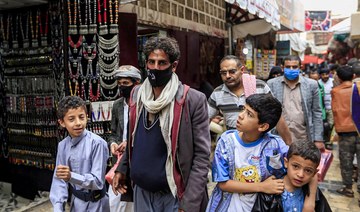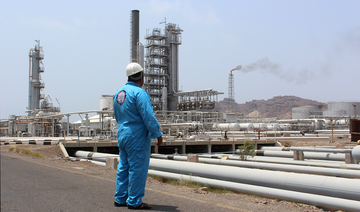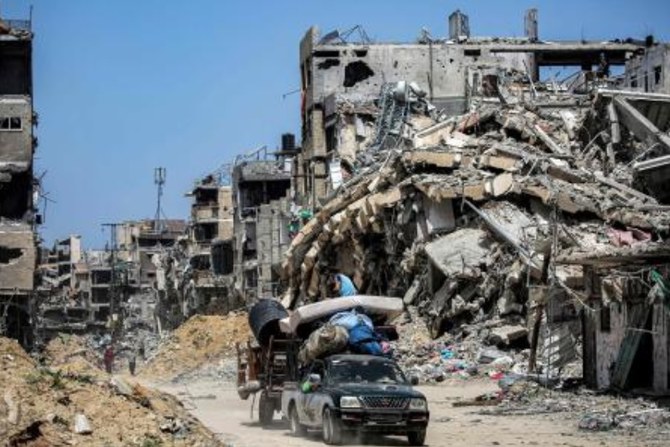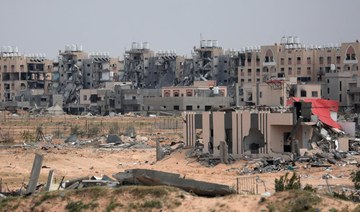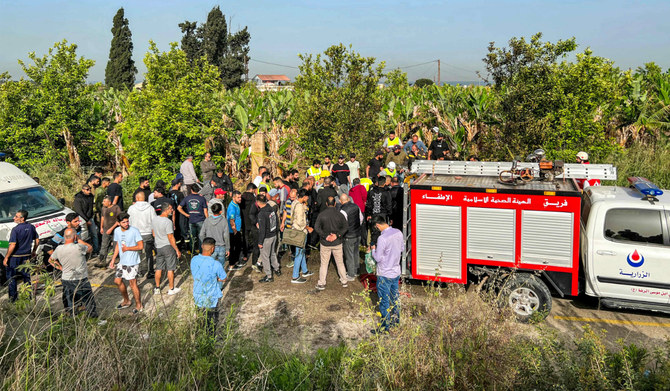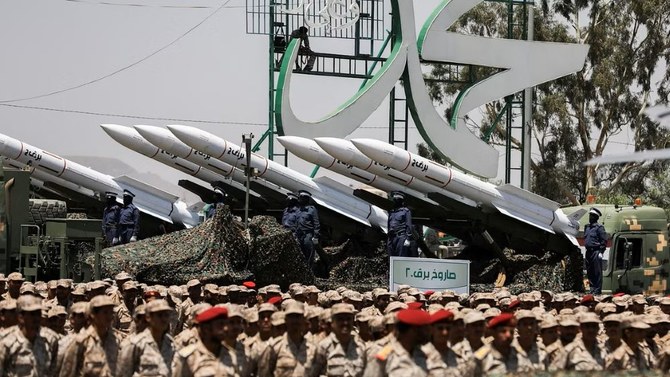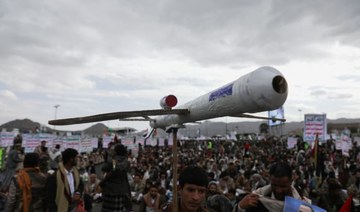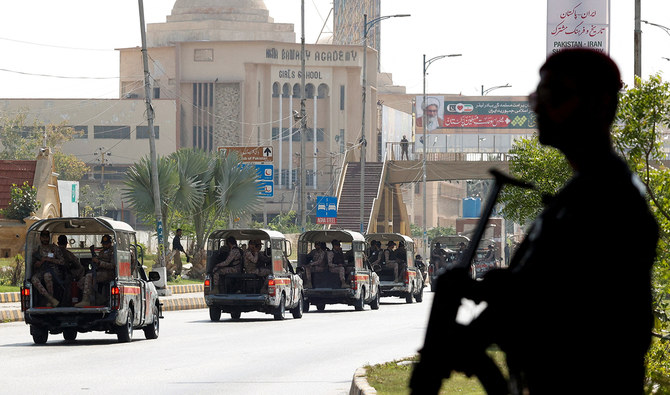AL-MUKALLA: Yemen has recorded its highest number of COVID-19 cases in a single day as a UN body raised concerns about the country’s high fatality rate.
The Aden-based national coronavirus committee reported 116 new cases and 44 deaths on Monday, pushing the total number of cases to 844, including 208 deaths and 79 recoveries.
Yemen recorded its first case of the disease on April 10, prompting the government to take swift measures, including imposing curfews in Yemeni cities, closing schools, mosques, and markets, and banning large gatherings.
The outbreak spread rapidly throughout the country, wreaking havoc in Yemeni cities, including the port city of Aden, where hundreds were infected and dozens died.
Experts say official accounts are concealing the true impact of the pandemic, as many Yemenis self-medicate in order to avoid crowded and understaffed medical facilities.
On Monday, the UN Office for the Coordination of Humanitarian Affairs (OCHA) said that the COVID-19 fatality rate in Yemen is “alarming,” and four times higher than the global average.
“The overall case fatality rate remains alarmingly high at just below 25 percent, nearly four times higher than the global average. All indications suggest that COVID-19 is spreading rapidly across the country,” said the OCHA in a statement.
“Individuals who are symptomatic are often not seeking testing or treatment until their condition is serious because health facilities are not accessible or local facilities are full or cannot treat patients safely,” the statement said, adding: “Other reasons that explain why people are delaying seeking treatment include fear of stigma, concerns about safety, and the perceived risks of seeking care.”
The national coronavirus committee said official figures do not include densely populated provinces in northern Yemen, where Iran-backed Houthis suppress information about the pandemic.
Local and international health experts believe that the number of coronavirus deaths inside Houthi-controlled areas greatly exceeds those in government areas.
Dr. Alabed Bamousa, a member of a government-run medical team fighting the pandemic in Yemen’s southeastern province of Hadramout, told Arab News that most patients arriving in the region’s hospitals are in grave condition.
“Cases arrive late at the hospital. Patients stay at their homes till they are dying,” he said.
Hadramout, Yemen’s largest province, accounts for almost 50 percent of coronavirus deaths in government-controlled areas.
Bamousa said early measures to fight the outbreak, including isolating patients and their direct contacts, had pushed people into avoiding hospitals and increased social stigma.
Abdulla bin Ghouth, a professor of community medicine and epidemiology at Hadramout University’s College of Medicine, and an adviser to the health minister, says that 60 percent of coronavirus patients who arrive in local hospitals are in a serious condition, with 20 to 30 percent of the deaths due to the poor-quality of health care services.
“The real number of cases is five times larger than the reported figures. Hospitals will be overloaded if the numbers continue to surge,” he said.
Relatives of coronavirus patients who died in local hospitals said delays in seeking treatment were a result of mistrust of public health services and a misunderstanding of coronavirus symptoms.
“When my uncle fell sick, the family thought he was suffering from the effects of quitting smoking, so they asked him to stay at home,” said Mohammed Al-Saqqaf, a relative of a patient who died in Al-Mukalla, the capital of Hadramout province.




